Episode 25 – Cam Stout of The Stability Network
Cameron has been an attorney since 1984. Cam is on the other side of the abyss of a major depressive episode in 2013, feeling better in many ways than he ever has. The Founder and CEO of Stout Heart, Inc., a 501c3, Cam speaks publicly to students, professionals, church congregations, and other groups about his resilient recovery from severe depression, and his seven years of sobriety.
Cam’s timely message is simple and powerful: Mental health conditions are just that, health conditions, not weaknesses. They are not our fault, and there is tremendous hope for ongoing recovery and effective management of these challenges.
Cam discusses ways to identify and address mental health and addiction issues in the workplace, in schools and in places of worship.
Cam is married and a very proud father of two adult children.
Topics include:
What was his experience growing up with a father who was alcoholic?
What role has Stout Heart, Inc in supporting other lawyers and students?
Forming “SEAL” teams- Supportive, Energizing, and Loving- to help maintain mental health
Describes how Electoconvulsive Therapy (ECT) helped him through a time of severe depression
What does healing mean to you?
Shownotes:
Hazelden Betty Ford Foundation – Drug and Alcohol Rehabilitation
Stout Heart, Inc. – Cam’s Non-Profit
The Stability Network – Mental health advocacy group where Cam and Eric met
Listening to Prozac – The landmark book about antidepressants and the remaking of the self (1997)
Next Episode:
Tony and I discuss responses they received from over 100 people to the question: “What Does Healing Mean to You?”

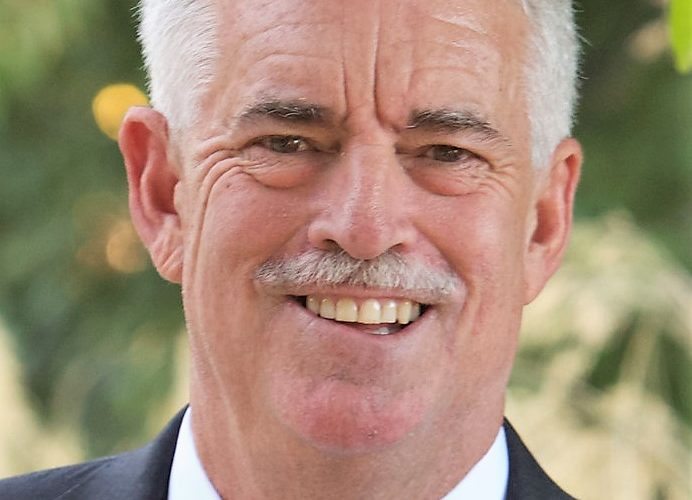
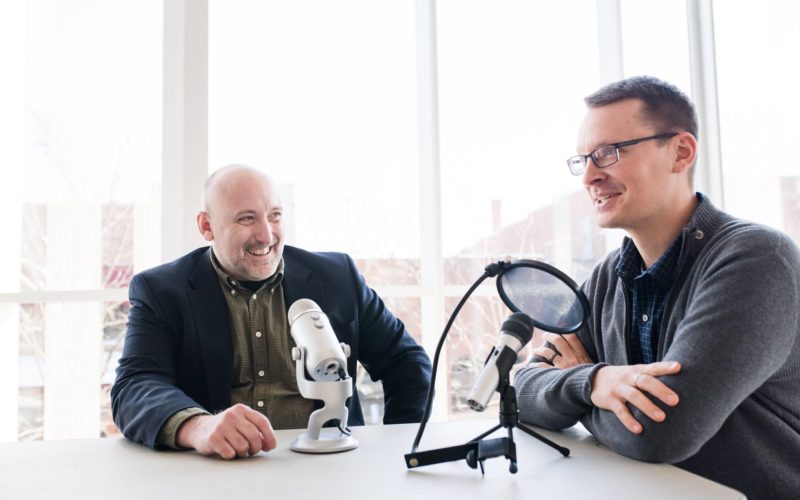

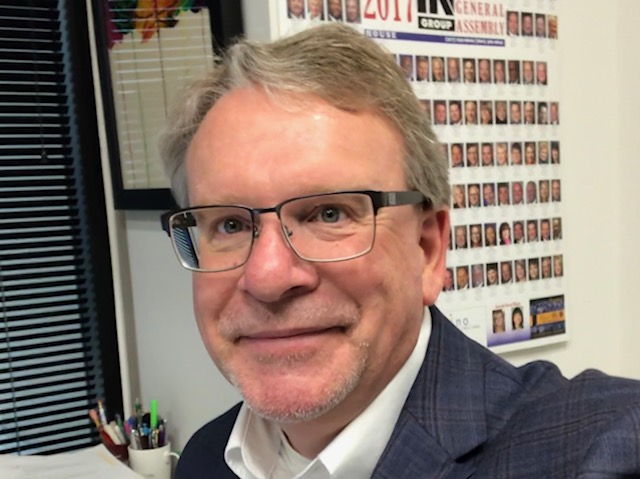


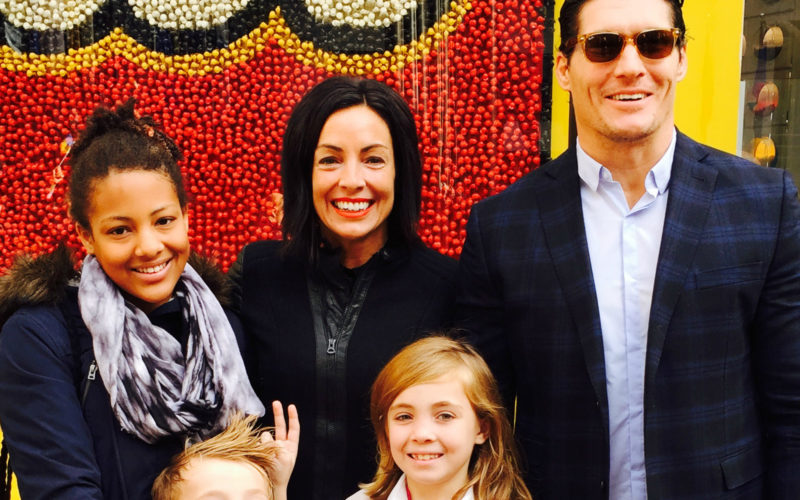
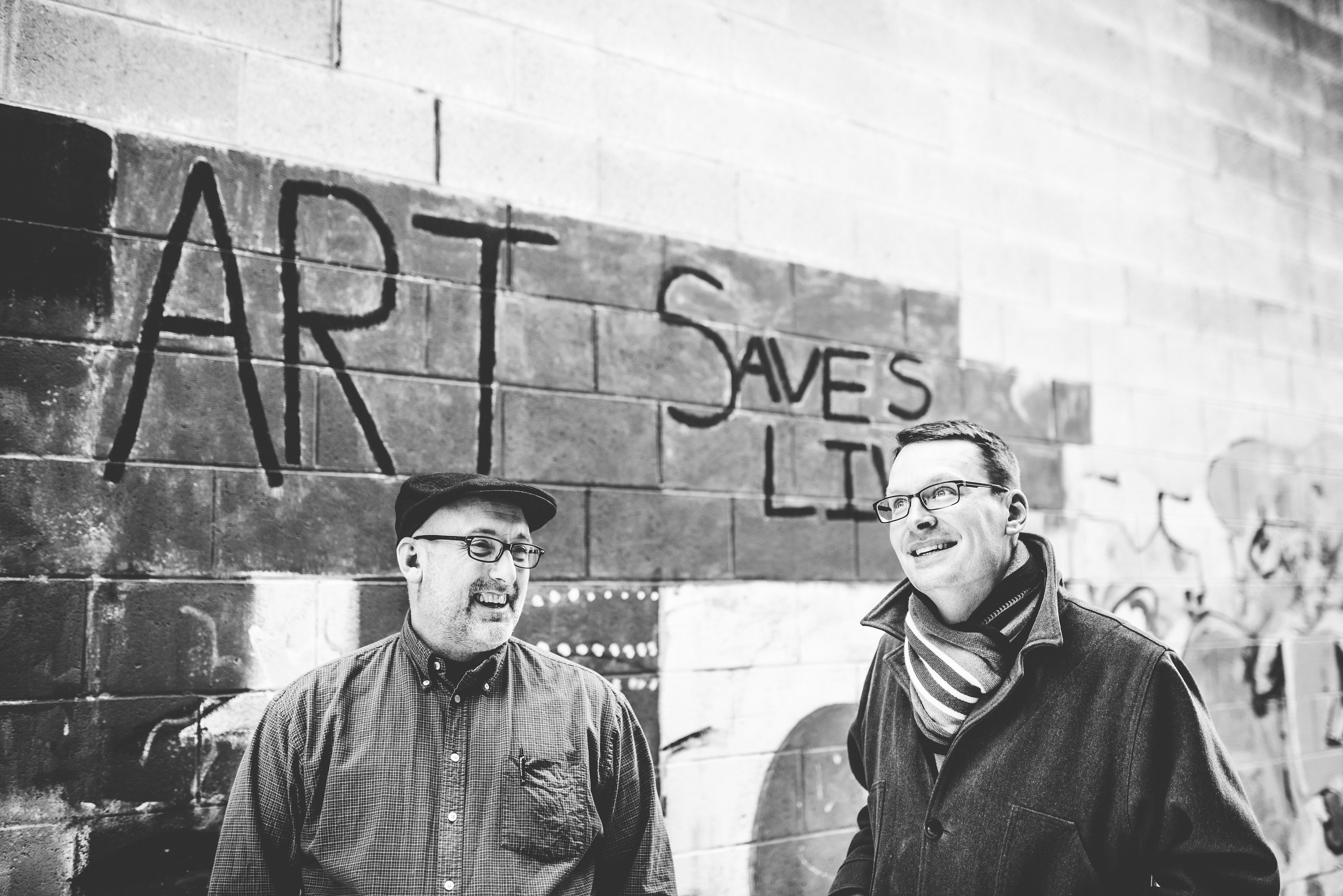
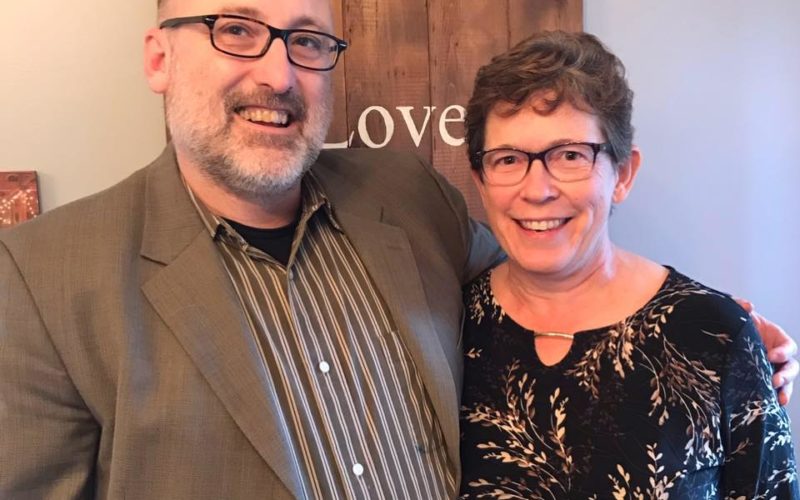
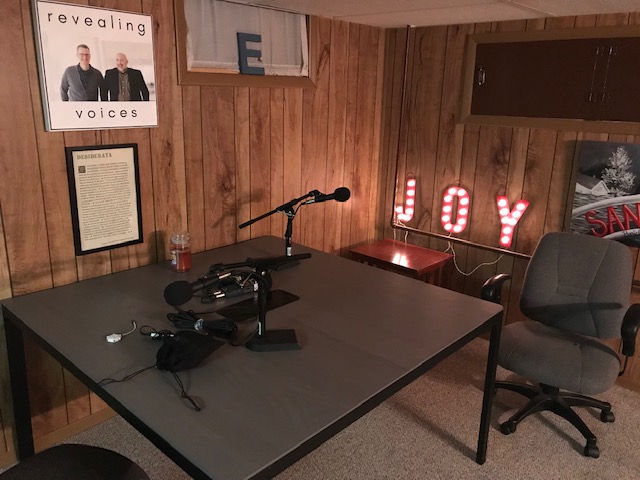
Recent Comments